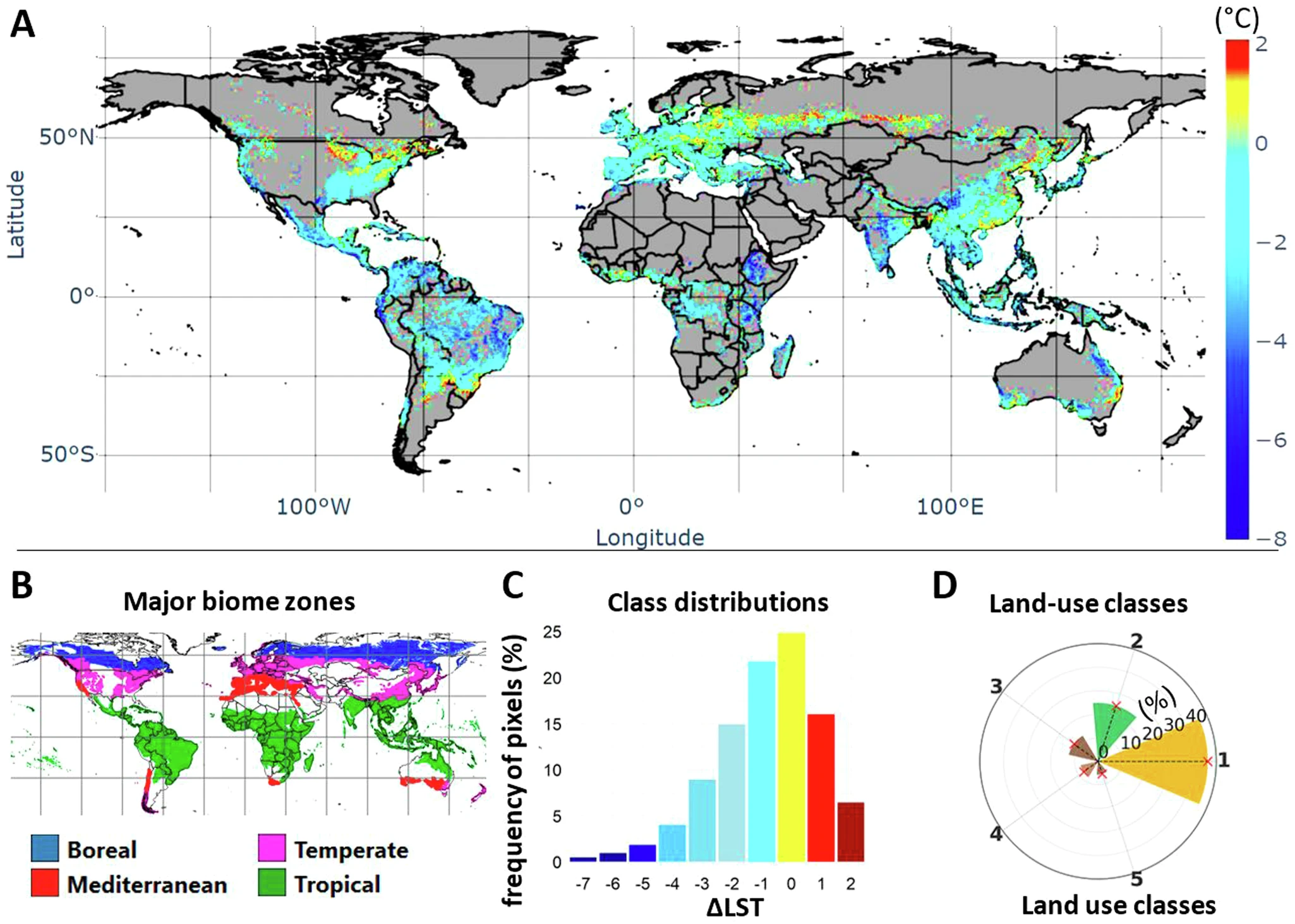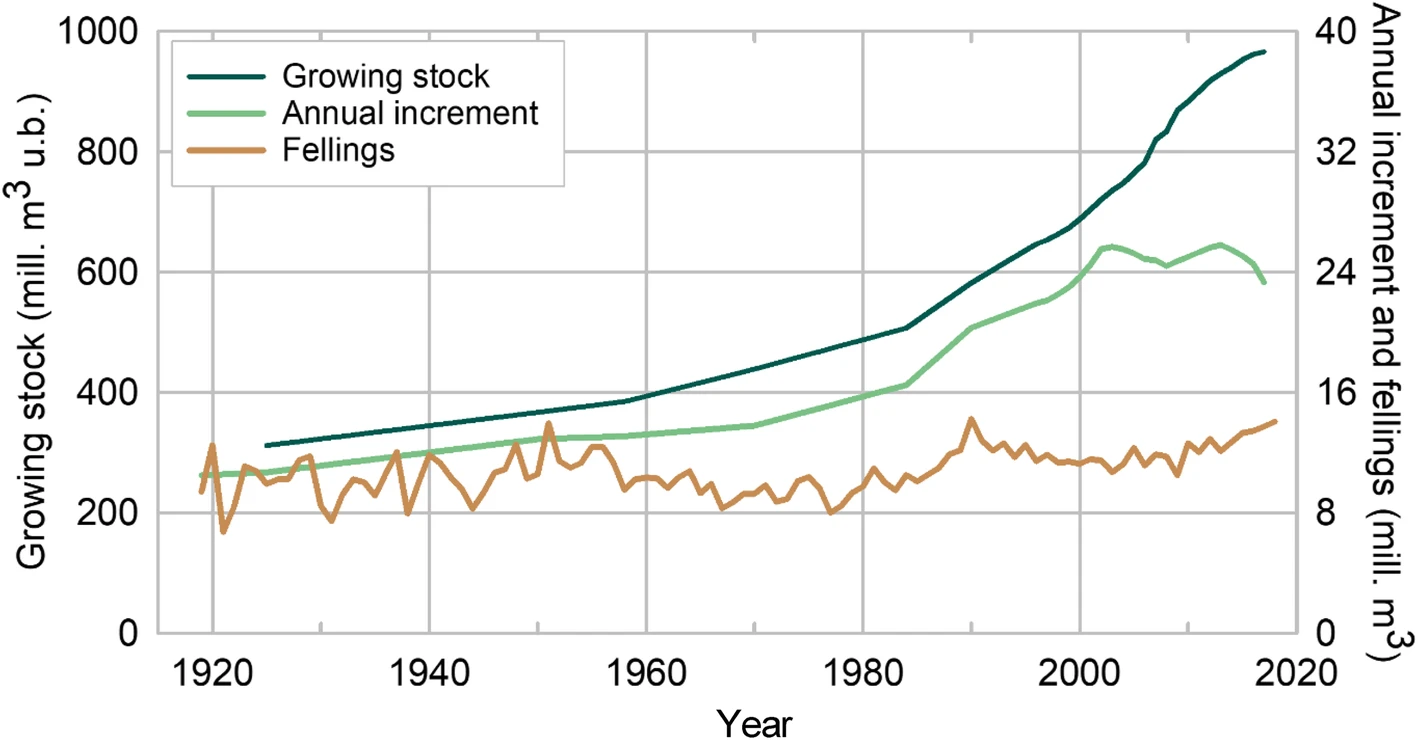A recent study published in the Journal of Communication, Earth and Environment on October 10, 2024, titled “Natural Forest Regeneration is Projected to Reduce Local Temperatures” by Sara Alibakhshi et al., highlights the significant impact of natural forest regeneration on local climatic conditions. This research provides crucial insights into how forest regeneration may serve as an effective strategy for both mitigating and adapting to climate change at local levels.
Forest regeneration has long been recognized as a vital approach in global climate efforts, but its precise effect on local climates has remained uncertain, making it challenging to prioritize investment in such projects. The study developed global maps that illustrate how natural forest regeneration influences key local climate drivers, including land surface temperature (LST), albedo (the reflectivity of the land surface), and evapotranspiration (the process where water is transferred from the land to the atmosphere).
Using models fitted at a 1-km spatial resolution with a random forest classifier, the research demonstrated that natural forest regeneration could alter annual mean LST across different regions: 0.01°C in Boreal, -0.59°C in Mediterranean, -0.50°C in Temperate, and -2.03°C in Tropical regions. These findings highlight the region-specific impacts of forest regeneration, with tropical forests showing the most substantial cooling effect.
The study further reports that natural forest regeneration can reduce LST across 64% of one billion hectares and 75% of 148 million hectares of potentially restorable land, depending on the scenario considered. The researchers identified these areas by excluding regions unsuitable for forest regeneration, such as existing forests, urban areas, and nonviable zones.
These results emphasize the importance of strategic forest regeneration as a tool for climate adaptation. By providing spatially explicit data, this study improves the understanding of how natural forest regeneration can help regulate local climate and reduce heat stress, particularly in tropical regions where temperatures are projected to drop by as much as 2.3°C.
As policymakers and organizations continue to prioritize climate-related targets, the findings of this research offer valuable guidance for making informed decisions on where forest regeneration efforts can maximize adaptation benefits.



